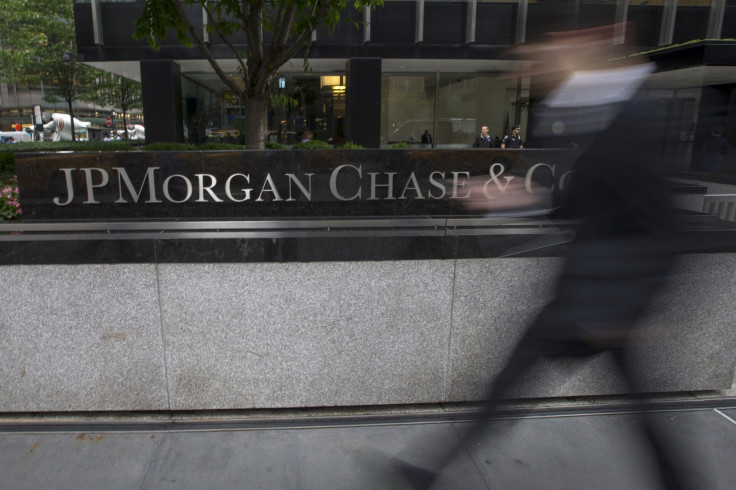20 global banks have paid $235bn in fines since the 2008 financial crisis

Twenty of the world's biggest banks have paid more than $235bn (£151.71bn) in fines and compensation in the last seven years for breaching a variety of financial regulations, according to Reuters.
The financial institutions have been fined for misdeeds ranging from manipulation of currency and interest rate markets and compensating customers who were wrongly sold mortgages in the US or insurance products in Britain.
The main offenders were Bank of America, which faced by far the largest levy of around $80bn since 2008, and JP Morgan, paying up to $20m
In total, the banks were fined $141bn for mis-selling US mortgages and $44bn in compensation to UK customers.
Twenty of the world's biggest banks pay more than $235 billion in fines. Interactive graphic: http://t.co/eTcgj9vprF pic.twitter.com/rkEJflGChI
— Reuters Top News (@Reuters) May 24, 2015
The total scale of the payouts was roughly equivalent to the annual economy of Greece or Portugal, Reuters reported.
The banks risky practices led to the 2008 financial crisis, considered by economists to have been the worst crisis since the Great Depression of the 1930s.
The fines have affected the banks' efforts to rebuild capital, reduced dividends for investors and cut the amount firms are able to lend.
The misconduct bill is expected to rise by tens of billions more dollars, and many politicians, regulators and industry observers said more needs to be done to deter wrongdoing.
"Some things have changed, but I'd be pessimistic of a complete shift in culture without more measures being taken," said Mark Taylor, dean of the business school at the University of Warwick in central England.
Taylor, a former FX trader and an adviser for the Bank of England's Fair and Effective Markets Review, said bonuses are too high, there is little threat of jail for wrongdoers and bosses are not held responsible.
"The problem is the incentives for cheating markets is massive. If you can shift a rate fractionally you can make millions and millions of dollars for your bank and then for bonuses.
"Once senior executives feel they are personally at risk if the culture doesn't change, and individual traders feel they are at risk of being put in prison, then you'll get a culture change," he said.
© Copyright IBTimes 2025. All rights reserved.



















